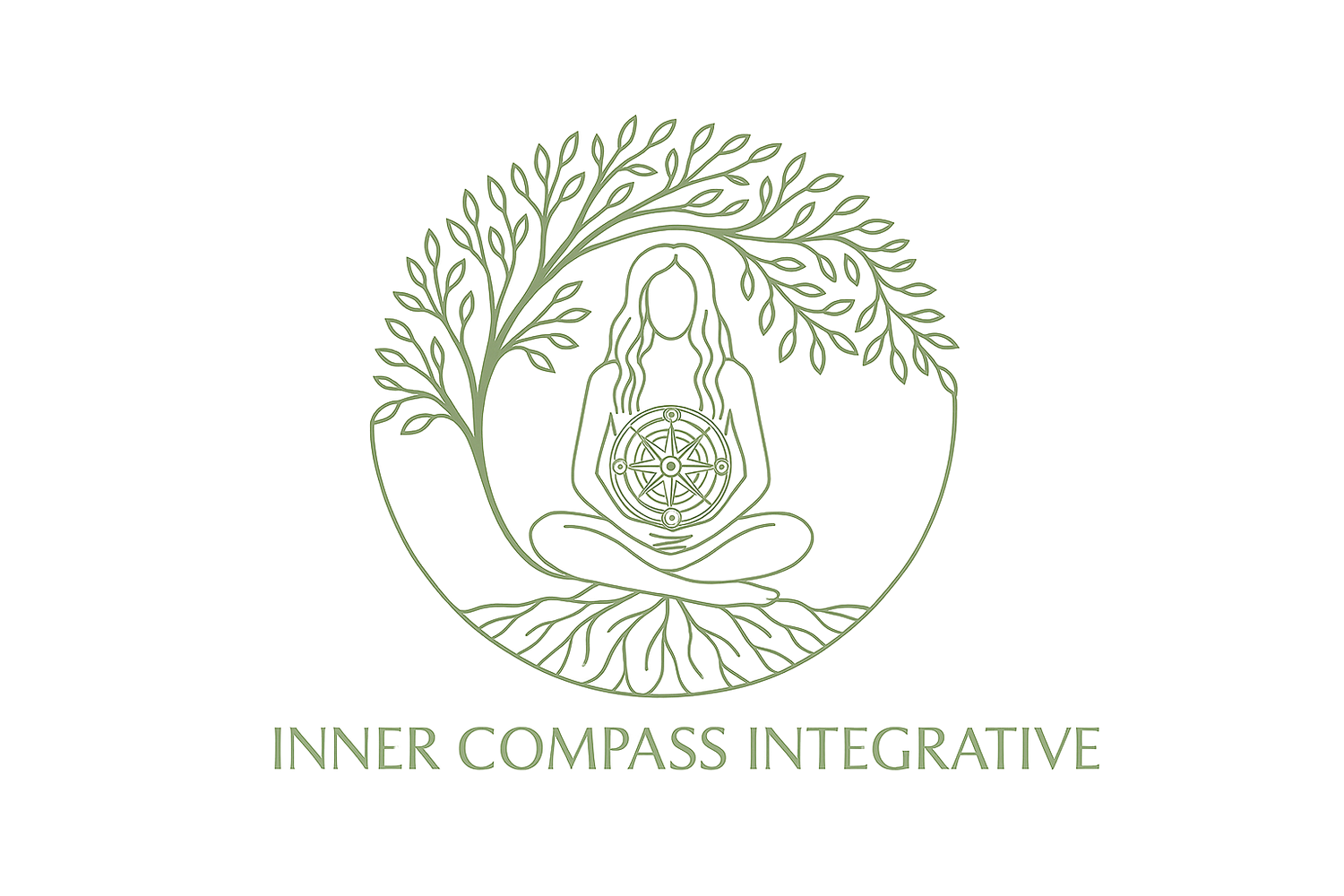
Frequently Asked Questions
-
I work with women ages 18 and older. I commonly support those experiencing anxiety, depression, bipolar spectrum disorders, OCD, ADHD, and trauma-related symptoms. I also have specialty training and certification in Perinatal Mood and Anxiety Disorders and Integrative Reproductive Psychiatry, which allows me to offer highly specialized care for women navigating fertility challenges, pregnancy, postpartum, and other reproductive transitions.
As a dual board-certified Psychiatric Nurse Practitioner and Certified Nurse Midwife, I’m uniquely trained to provide care that addresses the intersection of mental health and women’s physical, hormonal, and reproductive well-being. I also offer integrative packages tailored for women experiencing menstrual irregularities, PCOS, perimenopause, and menopause.
-
My practice is currently telehealth only. I use a secure video platform connected to the patient portal, making it easy to connect from the comfort of your home. I am licensed to see patients who reside in New York, Washington, Arizona, and Washington, D.C. I hope to offer in-person appointments in New York in the future.
-
Integrative psychiatry is a holistic approach to mental health care that considers the interconnectedness of physical, mental, emotional, spiritual, and environmental factors in your overall well-being. It moves beyond traditional models by blending conventional tools—such as medication and psychotherapy—with complementary therapies including nutrition, mindfulness, lifestyle interventions, and functional medicine.
My approach incorporates exploring underlying contributing factors, nervous system regulation, trauma-informed care, and mind-body practices. The goal is to offer personalized, whole-person support that not only relieves symptoms but fosters deeper, sustainable healing.
-
This approach addresses the interconnected nature of mental, physical, hormonal, and emotional health. It blends evidence-informed practices with functional medicine tools to support women across all stages of life. I evaluate contributing factors like inflammation, gut health, nutrient status, hormone imbalances, and stress load to create customized plans that include nutrition, targeted supplementation, movement, nervous system support, and lifestyle changes.
-
Yes. As a psychiatric nurse practitioner, I am licensed to prescribe psychiatric medications, including controlled substances, when appropriate. I also have prescriptive privileges as a Certified Nurse Midwife, which expands the scope of medications and treatments I am able to offer beyond traditional psychiatric care—particularly in the areas of hormonal and reproductive health. Medication is never the only tool I rely on, but it can be an essential part of the treatment plan for many people. I meet each person where they are, and if a medication is likely to help, I will explain the reasoning and offer guidance.
I also specialize in simplifying complex regimens and in safe deprescribing when appropriate, including minimizing side effects and supporting the body during that transition.
-
No, I am not a psychiatrist or an MD. I am a licensed Nurse Practitioner. Specifically, I am dual board-certified as a Psychiatric Mental Health Nurse Practitioner (PMHNP-BC) and a Certified Nurse Midwife (CNM).
As a psychiatric nurse practitioner, I am trained and licensed to assess, diagnose, and treat mental health conditions. This includes prescribing medication, providing therapy, offering coaching and lifestyle interventions, managing care and more.
As a Certified Nurse Midwife, I am also a type of nurse practitioner who specializes in obstetrics and gynecology from the, with training in reproductive health, hormonal care, and women’s wellness. CNMs provide primary care to women across the lifespan, including gynecologic exams, fertility counseling, pregnancy support, and menopausal care. At this time, I do not offer in-office gynecological services, but I bring the midwifery model of care into my integrative practice through respectful, whole-person attention to each phase of a woman’s life.
-
The frequency of visits depends on your care pathway and your individual needs. Many patients are seen biweekly or monthly during the first 3–6 months, followed by quarterly check-ins. If you choose a package, your visit schedule will be outlined at the start. There is always the option to meet more often if needed. For package pathways, additional visits beyond those included may be scheduled for an additional fee.
-
Yes, I offer psychotherapy when it’s appropriate and aligned with your care goals. My approach is grounded in both my graduate training and ongoing advanced education in various therapeutic modalities. These include supportive psychotherapy, psychoeducation, Karen Kleiman’s Holding Technique for women experiencing perinatal distress, as well as somatic and polyvagal-informed approaches to support nervous system regulation.
Therapy may be integrated into our sessions or offered as a stand-alone service, depending on your preferences and needs. I tailor my therapeutic approach to each individual. While I do not provide EMDR or intensive trauma therapies, I can refer out for specialized care when needed. In some cases—especially for acute or complex trauma—it may be best to work with a provider who is specifically trained in trauma-focused modalities like EMDR. I am happy to help connect you with trusted referrals if that becomes the most supportive path.
-
No. My practice is outpatient only and I do not provide emergency or 24/7 care. I do not offer inpatient services, partial hospitalization, or intensive outpatient treatment.
If you are in crisis, experiencing a psychiatric emergency, or need immediate support, please call 911 or go to your nearest emergency room. My communication is limited to business hours, and I do my best to respond to messages within 72 hours. If your needs require urgent or emergent care, this practice is not the appropriate setting.
-
For insurance-based care, I accept insurance through the platforms Alma and Headway. These platforms verify your benefits, determine any out-of-pocket costs, and handle payment processing directly through their systems.
For private-pay integrative and functional care, payments are processed securely through my Healthie EHR platform. While I do not accept insurance for these services, I’m happy to provide a superbill upon request, which you may submit to your insurance for possible out-of-network reimbursement, depending on your plan.
Payment is expected on the day of your appointment or as previously arranged under your package plan.

